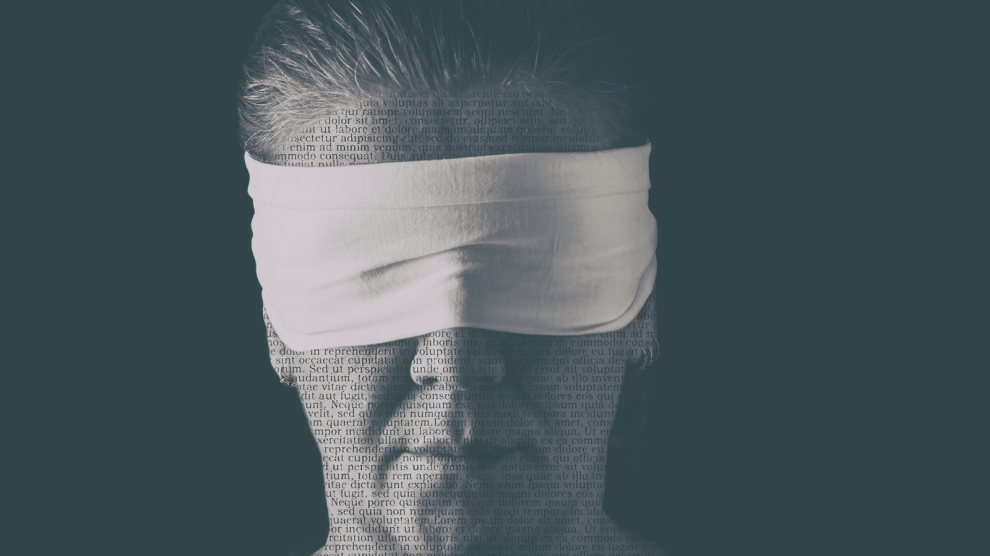Freedom of the press has proven, time and time again, to be an unpredictable and tumultuous factor in south, east and central Europe. Journalists are obstructed in their daily work. Political, economic and social changes in this part of Europe have helped some countries to reach a high level of stability and democratic practice. Other countries have had a more difficult time with transitioning into a tolerant and corruption-free society. Yet, regardless of their differing levels of freedom and democracy, all countries in the region are dealing with almost exactly the same challenges and needs in the sphere of media freedom.
Violations of press freedom reported by the Vienna-based South East Europe Media Organisation (SEEMO) reached 149 in 2017 in the 32 countries of south, east and central Europe). However, the real number of attacks and threats against media and journalists is far higher, with 611 cases registered by SEEMO in 2017 (SEEMO did not always react with a public statement). And these 611 violations against journalists still do not represent the final number. These cases do not include inadequate media laws, pressure by media owners on editors and journalists, blackmail by advertisers, as well as court cases against journalists that began before 2017 and have not yet been resolved.
State Pressure
In countries such as Turkey or Belarus, there has been clear state pressure on media freedom for years. In countries like Poland or Hungary, this pressure came with right-wing parties in power, such as PiS in Poland or Fidesz in Hungary.
In some countries, political pressure comes from local politicians. There is clear additional pressure from business groups and lobbies, some of them closely linked to criminal groups, as well as from representatives of religious groups.
The EU accession process was an opportunity to encourage EU candidate countries to issue media legislation reforms and to improve the security of journalists. However, once a country becomes an EU member, there are no more real instruments to influence EU member states to respect press freedom. As a result, we have many negative trends, including the fact that the EU was not in a capacity to react in any meaningful way to violations against media freedom and human rights in Poland or Hungary, or against strong soft censorship in Croatia, Bulgaria or Romania. A special problem in many EU countries is the constant state and political pressure on public RTV broadcasting systems.
Non-Transparent Ownership
In most countries in the SEEMO region, we still have many media outlets with non-transparent ownership leading back to ties with politicians, businessmen and tycoons. Legislative instruments have become a censoring tool, used to prosecute media workers and outlets. Journalists are intimidated, attacked, threatened and cornered into resigning from or losing their jobs.
Most countries have a sharp divide between “pro-government” and “opposition” media outlets. In most cases, opponents of the ruling party find it hard to survive and are more present in online / new media than in old media. In some countries, critical journalists lose their jobs after political changes or are removed under state pressure to a new job with less public influence.
An especially big problem is the lack of contracts and miserable salaries that persist in some countries. Self-censorship is a reality in all countries. An additional form of censorship is soft-censorship.
A journalist also has a goal to protect citizens’ rights. It is another reason why there is a clear responsibility for the state to protect journalists from physical threats or assaults due to their work. But it is also a reason why it is not always happening.
The Role of Regulators
The regulatory authorities in the broadcasting sector are pivotal to ensuring fair business practices and protect media and content pluralism, but also to silence hate speech and support a reduction in the amount of intolerant and offensive speech in the media.
A special problem is intolerance, offensive language and hate speech in online media over readers’ comments. Very often these are not controlled – there are no editors / staff members stopping it.
Finally, we have the phenomena of hate silence. Instead of attacking in the form of hate speech, hate silence means ignoring the work of journalists, ignoring media reports and ignoring investigations made by journalists. With hate silence, strong politicians do not care about stories published by journalists. This occurred after the Panama or Paradise Papers – in reality, most people in power in the SEEMO region continued to work as usual, as if nothing was reported about them, independent of the details that were published in the documents about them.
—
The views expressed in this opinion editorial are the author’s own and do not necessarily reflect Emerging Europe’s editorial policy.






Am I missing something? This article seems to ignore the fact that there is heavy censorship by the State in countries like Germany for voices with alternative opinions, who have been legally prosecuted and fined for publishing their thoughts. Remember Udo Ulfkotte, a former MSM journalist who decided to blow the whistle? The German state destroyed his reputation for telling the truth as he saw it. This never happens in a free society where there is supposedly free speech. Free speech in the EU means you are free to publish anything you want as long as it meets certain conditions.